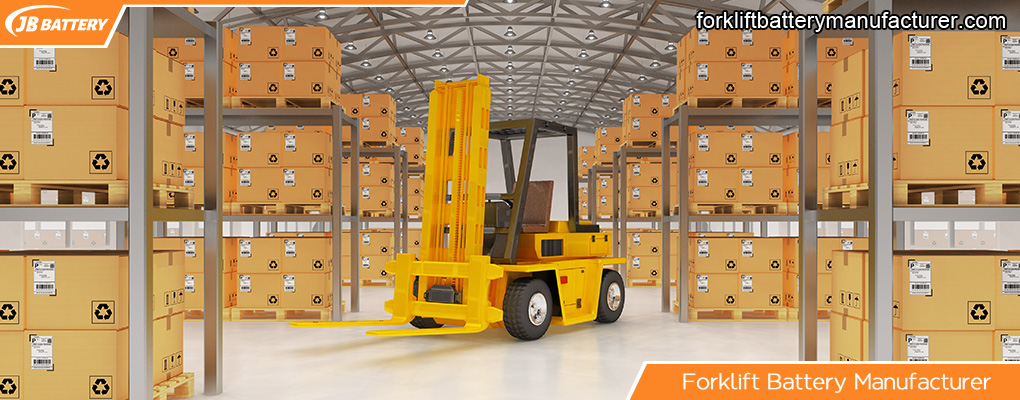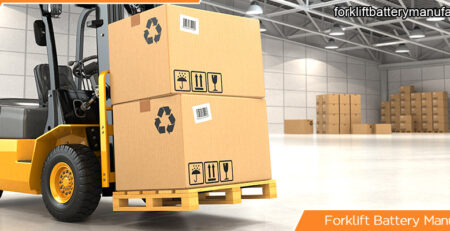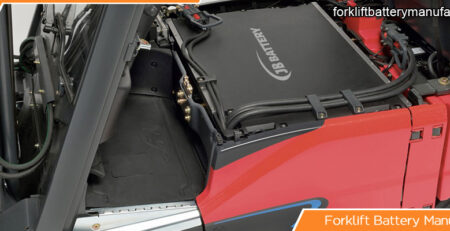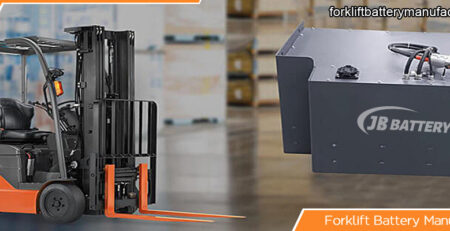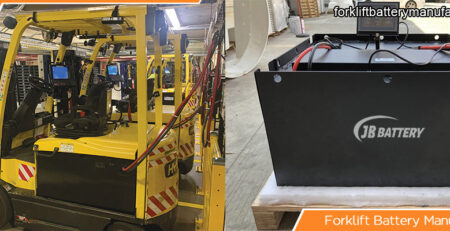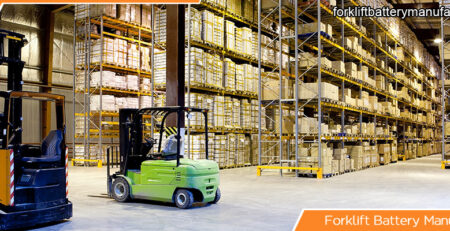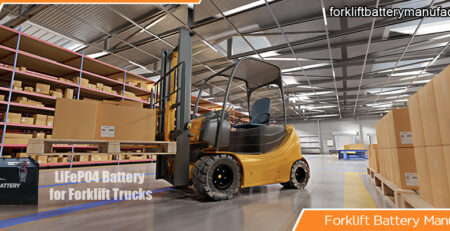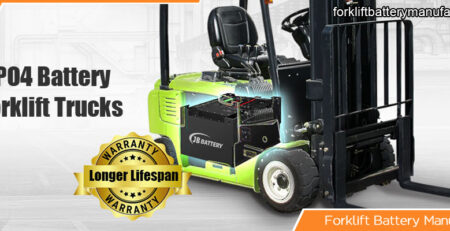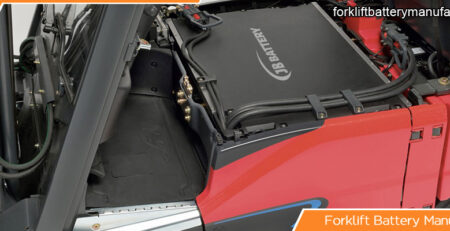Lithium Ion High Voltage Battery Pack In Home Energy Storage System
Lithium Ion High Voltage Battery Pack In Home Energy Storage System
High voltage battery (HVB) systems are designed to store electrical energy to provide power at high voltages. These systems are typically used for grid-connected applications, such as providing backup power or regulating the electric grid. HVB systems are usually composed of lithium-ion batteries, which are well-suited for high-voltage applications because of the higher density of energy and ability to discharge quickly. In recent years, there has been a growing interest in using HVB systems for in-home energy storage. This is because HVB systems offer several advantages over other types of energy storage systems, such as lead-acid batteries. For example, these systems can store excess energy generated by rooftop solar panels or utility grid-tied wind turbines for use during power outages or periods of high energy demand.
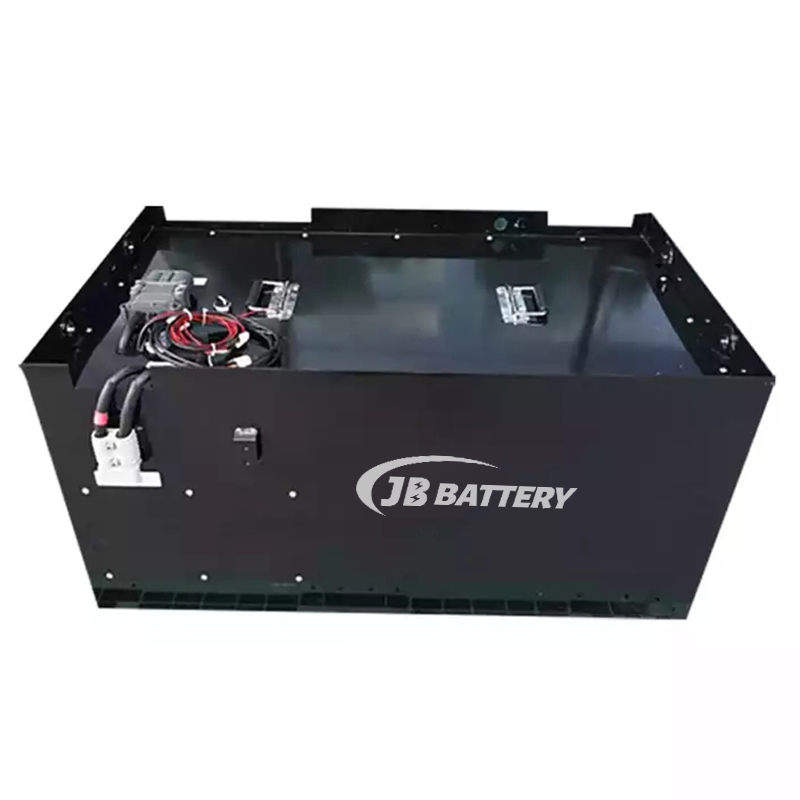
High-voltage batteries are in-home energy storage systems that use high voltages to store energy. These systems are usually more extensive and expensive than other in-home energy storage systems, but they offer several benefits. The deployment of high voltage battery in-home energy storage systems can significantly benefit the grid and the environment. It can help to store energy generated from renewable sources, such as solar and wind, and release it when needed. This can help to even out the peaks and troughs of energy demand and reduce the need for fossil fuels’ dirty and carbon-intensive power generation.
High voltage batteries can also provide valuable services to the grid, such as frequency regulation and load balancing. This can help improve the power system’s stability and efficiency and reduce the need for expensive and polluting peaker plants. In-home energy storage can also offer homeowners greater control over their energy use and the ability to save money on their electricity bills. With the right tariff, homeowners can earn money by providing services to the grid. If you are considering installing a high-voltage battery in your home, then there are a few things you need to know.
Which batteries are high voltage batteries?
Batteries are essential to our routines, powering everything from our smartphones to our cars. But not all batteries are created equal. Some batteries are designed for high-voltage applications, while others are not. So, which batteries are high voltage batteries? The answer is: it depends. Some battery chemistries, such as lead-acid and nickel-metal-hydride, can be used in high-voltage applications. Others, such as lithium-ion, cannot. In addition, batteries come in all shapes and sizes. Some are low voltage, while others are high voltage. The battery’s voltage is determined by the number of cells it has. The more cells a battery has, the higher the voltage.
There are many types of batteries, each with its unique voltage. The lead-acid battery is the most common type of battery, which has 12 volts. Lithium-ion batteries are also standard, and their voltage can range from 3.6 to 4.2 volts. Other types of batteries include nickel-cadmium (NiCd), nickel-metal-hydride (NiMH), and lithium-ion polymer (LiPo). Each of these battery types has a different voltage, and each is used for various purposes. High voltage batteries are generally used in applications where a lot of power is needed, such as in electric cars or in power tools. On the other hand, low voltage batteries are used in applications where less energy is necessary, such as in watches or wall clocks.
The home energy storage system
The home energy storage system mainly stores solar or wind energy. When you want to purchase a battery for your home energy storage, the capacity and voltage are the key specifications. Using batteries for home energy storage is becoming increasingly popular as the cost of solar panels and other renewable energy sources decreases. Several different battery types and voltages are available on the market. Regarding energy storage for the home, there are several different battery options. Let’s compare and contrast three of the most popular home battery options – lead-acid, lithium-ion, and saltwater to help you make an informed decision.
- Lead-acid batteries have been around for decades and are the most common type of battery used in cars. They are also the cheapest option for home energy storage. Lead-acid batteries can store a large amount of energy, but they are heavy and not very efficient.
- Lithium-ion batteries are the newest technology on the market and are quickly becoming the preferred choice for home energy storage. Lithium-ion batteries are light in weight and more productive than lead-acid batteries but are more expensive.
- Saltwater battery is a new type of battery that uses saltwater instead of lead or lithium. Saltwater batteries are safer than other types of batteries but are not yet available for purchase.
The days of the fossil fuel-powered home are numbered. With the cost of solar and wind power dropping rapidly, more homeowners are switching to renewable energy. Home energy storage systems are a vital part of this shift, allowing homeowners to store excess energy produced by the solar panels or wind turbine and use it when needed.
High voltage battery systems
With the recent advances in battery technology, high voltage battery systems are becoming more prevalent in a variety of industries. These systems offer a number of advantages over traditional low-voltage battery systems, including higher energy density, longer life span, and higher efficiency. High voltage battery systems are typically used in hybrid and electric vehicles and in several industrial applications. In hybrid and electric vehicles, high voltage battery systems are used to store energy that is generated by the vehicle’s engine and brakes.
In industrial applications, high-voltage battery systems often provide backup power. High voltage battery systems can also store energy from renewable sources like solar and wind.
If you are considering a high-voltage battery system for your application, you should know a few things. Keep reading to learn more about high voltage battery systems and how they can benefit your business or project.
High voltage battery systems are becoming increasingly popular in a variety of industries. They offer several advantages over traditional low-voltage battery systems, including higher energy density, longer life span, and higher power output. A high-voltage battery system typically consists of two or more individual batteries that are connected in series to produce a higher voltage. The voltages of these systems can range from 100 to over 1000 volts. High voltage battery systems are used in various applications, including electric vehicles, hybrid vehicles, and renewable energy systems.
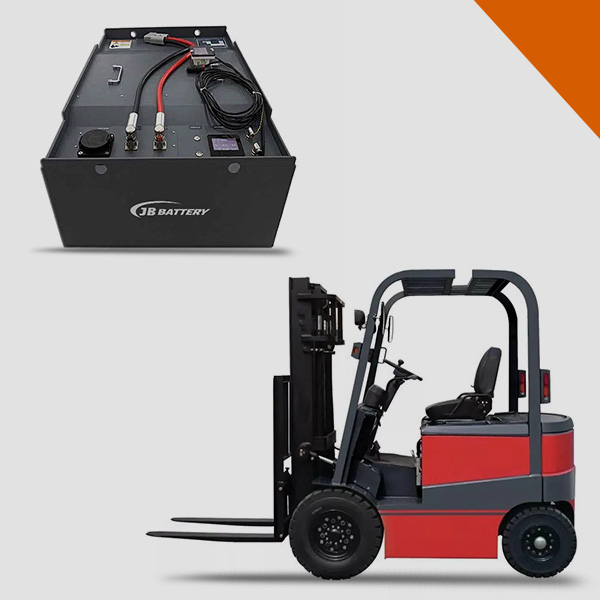
For more about lithium ion high voltage battery pack in home energy storage system,you can pay a visit to JB Battery China at https://www.forkliftbatterymanufacturer.com/2022/09/27/top-10-high-voltage-lithium-ion-battery-pack-manufacturers-with-high-voltage-lithium-battery-cell/ for more info.

